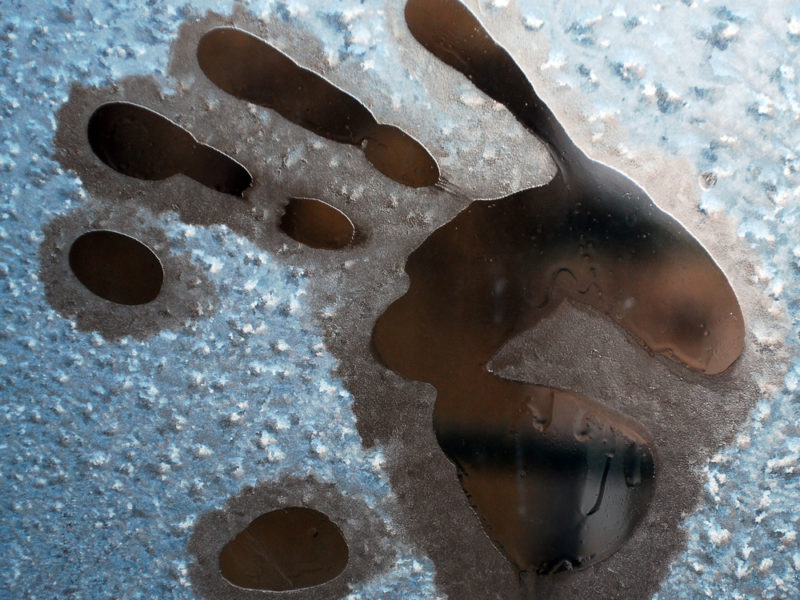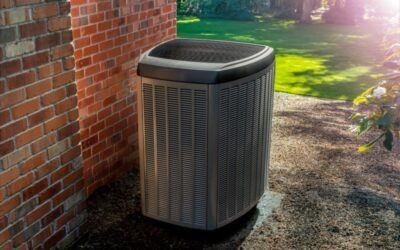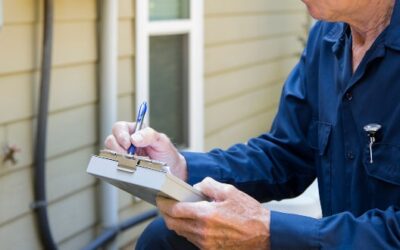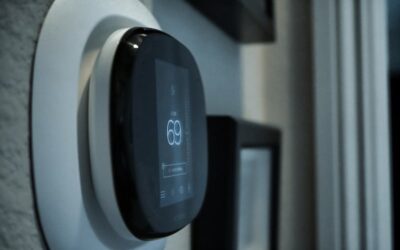The level of relative humidity can affect the comfort of your Phenix City, Alabama, home, as well as the functioning of your HVAC system. Discover the four things you need to know regarding your home’s humidity.
What Is Relative Humidity?
Healthy air is made up of three components: cleanliness, freshness, and the right amount of humidity. Relative humidity is the level of water vapor present in the air circulating in your home. The humidity level in a room is measured with a device called a hygrometer. This inexpensive gadget can be found in a hardware or discount store.
As temperatures fluctuate in your home, the capacity of the air to hold water changes. Removing unwanted moisture from your home is one of the primary functions of your air conditioner. Check that the level of moisture in your home is correct at all times, and ensure your HVAC unit is working effectively for you.
What Is the Best Humidity Level in My House in the Summer?
During the summer months, the ideal relative humidity level should be between 40 to 50 percent. However, anywhere between 30 to 60 percent is acceptable. Outside air that comes into your home is fresh, but it isn’t automatically clean. To clean the air, your HVAC system filters the air to remover airborne allergens, dust mites, and other biological agents.
What Are Common Problems Associated With Poor Indoor Humidity?
Low and high humidity levels cause their own set of problems. Low humidity levels may result in the following:
- Dry and itchy skin.
- Vulnerability to respiratory sickness and colds.
- Thriving germs and viruses.
- Damage to wooden floors and furniture.
- Damage to electronics.
- Chipped paint.
Low humidity often increases when homeowners turn on their heaters in the winter months. Simple fixes can solve the problem, such as introducing water into the air with a humidifier. At Sensigreen Heating, Cooling & Insulation, we suggest a dehumidifier to control humidity, keep your home comfortable, and reduce biological growth when your HVAC system can’t prevent excess moisture on its own.
In cases, where the level of humidity is too high, the following can result:
- Uncomfortable sleep.
- A muggy feeling in your home.
- Wet insulation.
- Biological growth.
How Do I Decrease Humidity in the Home?
Of course, the ideal humidity level in your home depends on your personal preferences. Standard home functions, such as steam from cooking or showering, have an impact on the humidity levels. Where you live is also a consideration. Phenix City, Alabama, is known for its humid summers, which will certainly affect the humidity levels. When your home starts to smell musty, your skin feels clammy, or your windows start to become foggy, it is time to check your home’s humidity level.
Reduce your home’s humidity by doing a few simple things. First, ventilate by turning on the vent fan. This is especially important in rooms where moisture is created, such as the kitchen, laundry, or bathroom. If you don’t have vent fans, crack open a window for a few minutes to dry the air out. Better still, have exhaust fans installed. Taking a cooler, shorter shower will also decrease humidity.
If you use a humidifier or a vaporizer in your home, turn it down slightly. When cooking, cover your food as much as possible to prevent steam from filling up your kitchen. Stove-top and oven cooking produce more moisture than a slow cooker.
Check that your air conditioner drain line and drip pans are unobstructed and clean. What you store indoors can also affect the humidity levels. Remember, indoor plants release moisture vapor into the air, so temporarily place indoor plants outside. Fresh firewood also has large amounts of moisture. To avoid this moisture entering your home, store your firewood outside.
Don’t let high, uncomfortable humidity gets you down. If you are concerned about the humidity levels in your home, consult with an expert. Call the Sensigreen Heating, Cooling & Insulation team at (334) 366-9237 and learn more about our advanced indoor air quality solutions.
Image provided by Shutterstock





